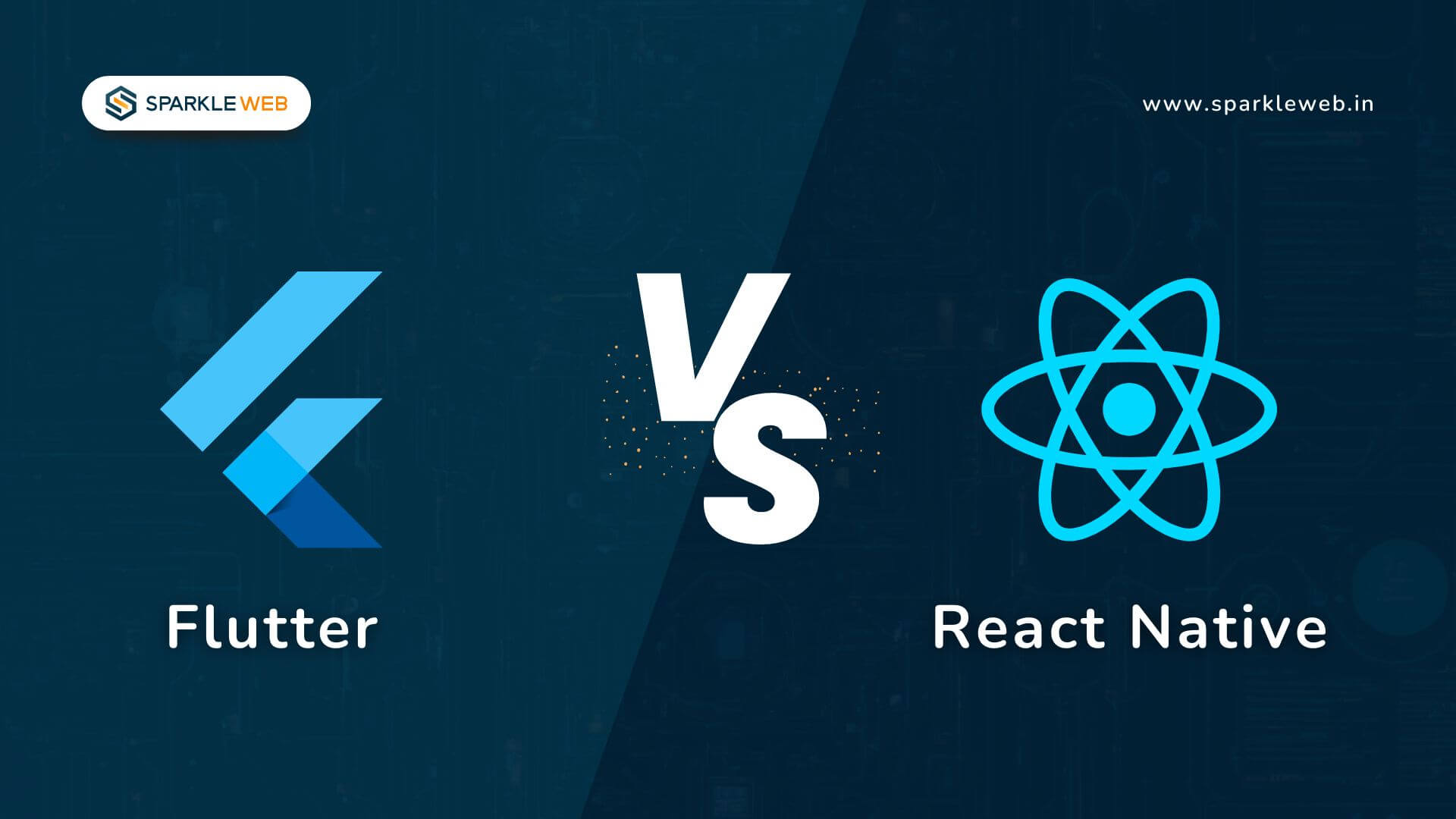In the fast-paced world of mobile app development, choosing the right framework can significantly impact the success of your project. Two of the most popular frameworks today are Flutter and React Native. Both have their unique strengths and weaknesses, making them suitable for different types of projects. We will explore the key differences between Flutter and React Native to help you make an informed decision.
What is Flutter?
Flutter is an open-source UI toolkit developed by Google for building natively compiled applications for mobile, web, and desktop from a single codebase. It uses the Dart programming language and provides a rich set of pre-designed widgets. Flutter’s primary focus is on delivering high-performance applications with a seamless user experience.
What is React Native?
React Native is an open-source framework developed by Facebook that allows developers to build mobile applications using JavaScript and React. It enables the creation of natively rendered apps for iOS and Android from a single codebase. React Native focuses on leveraging web development knowledge for mobile app development, making it a popular choice among developers with a web background.
Programming Language
Flutter uses Dart, a language developed by Google. Dart is known for its simplicity and ease of use, especially for developers who have experience with object-oriented programming languages like Java or C#. Dart’s syntax is clean and modern, making it easy to learn and work with.
React Native uses JavaScript, one of the most widely used programming languages globally. JavaScript’s popularity means that there is a large pool of developers with existing knowledge and experience, making it easier to find talent and resources. JavaScript’s versatility allows for building both web and mobile applications, providing a unified development experience.
Performance
Flutter excels in performance due to its direct compilation of native code. This eliminates the need for a JavaScript bridge, resulting in faster execution and smoother performance. Flutter’s architecture is designed to minimize performance bottlenecks, making it ideal for high-performance applications.
React Native generally offers good performance, but it can suffer due to the JavaScript bridge needed for communication between native modules and JavaScript code. This can lead to performance issues, especially in complex applications with heavy computation or frequent interactions between the app and native modules.
UI Components
Flutter provides a rich set of pre-designed widgets that allow for a consistent look and feel across all platforms. These widgets are highly customizable, giving developers complete control over every pixel on the screen. Flutter’s widget-based architecture makes it easy to create complex UIs with minimal effort.
React Native relies on native components, which means that the UI will have a more native look and feel. This can be an advantage if you want your app to adhere closely to the platform’s design guidelines. However, achieving uniformity across platforms may require additional work, as you might need to customize components for each platform.
Development Experience
Flutter features a hot-reload functionality that allows developers to see changes in real-time without restarting the app. This speeds up the development process and allows for quick iterations. Flutter also has comprehensive documentation and a strong community, providing ample support and resources for developers.
React Native also supports hot-reload, making it easier to see changes instantly. The framework has a vast ecosystem with numerous libraries and tools that can help accelerate development. However, managing dependencies and keeping up with updates can be challenging, especially in large projects.
Community and Support
Flutter has a rapidly growing community with extensive documentation and tutorials. Google’s backing ensures continuous development and support, making it a reliable choice for long-term projects. The active community contributes to a wealth of resources, including plugins, libraries, and sample projects.
React Native has an established community with a plethora of resources and third-party libraries. Facebook’s support and its usage by large companies make it a reliable and well-supported framework. The mature ecosystem means that developers can find solutions to most problems and leverage existing tools to enhance their projects.
Our Approach at Sparkle Web
At Sparkle Web, we choose the right framework based on the project requirements, considering factors like performance needs, UI complexity, and development speed. Here’s how we help our clients:
Project Assessment: We assess the specific needs of each project to determine whether Flutter or React Native is the best fit. This involves understanding the project’s goals, target audience and required features.
Tailored Solutions: Leveraging the strengths of the chosen framework, we craft bespoke solutions that meet our clients' goals. Our team of experts ensures that the application is designed and developed to the highest standards.
Seamless Integration: Our team ensures smooth integration with existing systems, delivering high-performance, reliable apps. We take care of every aspect of the development process, from design to deployment, ensuring a seamless experience for our clients.
Ongoing Support: We provide continuous support and updates, ensuring that the apps remain functional and up-to-date with the latest advancements. Our commitment to quality and customer satisfaction means that we are always available to address any issues or concerns.
Make the Right Choice with Sparkle Web
Whether you lean towards Flutter for its performance and rich UI capabilities or prefer React Native for its JavaScript ecosystem and native feel, Sparkle Web has the expertise to guide you through the process. Our dedicated team is ready to help you build the perfect mobile app for your needs.



Dipak Pakhale
A skilled .Net Full Stack Developer with 8+ years of experience. Proficient in Asp.Net, MVC, .Net Core, Blazor, C#, SQL, Angular, Reactjs, and NodeJs. Dedicated to simplifying complex projects with expertise and innovation.
Reply